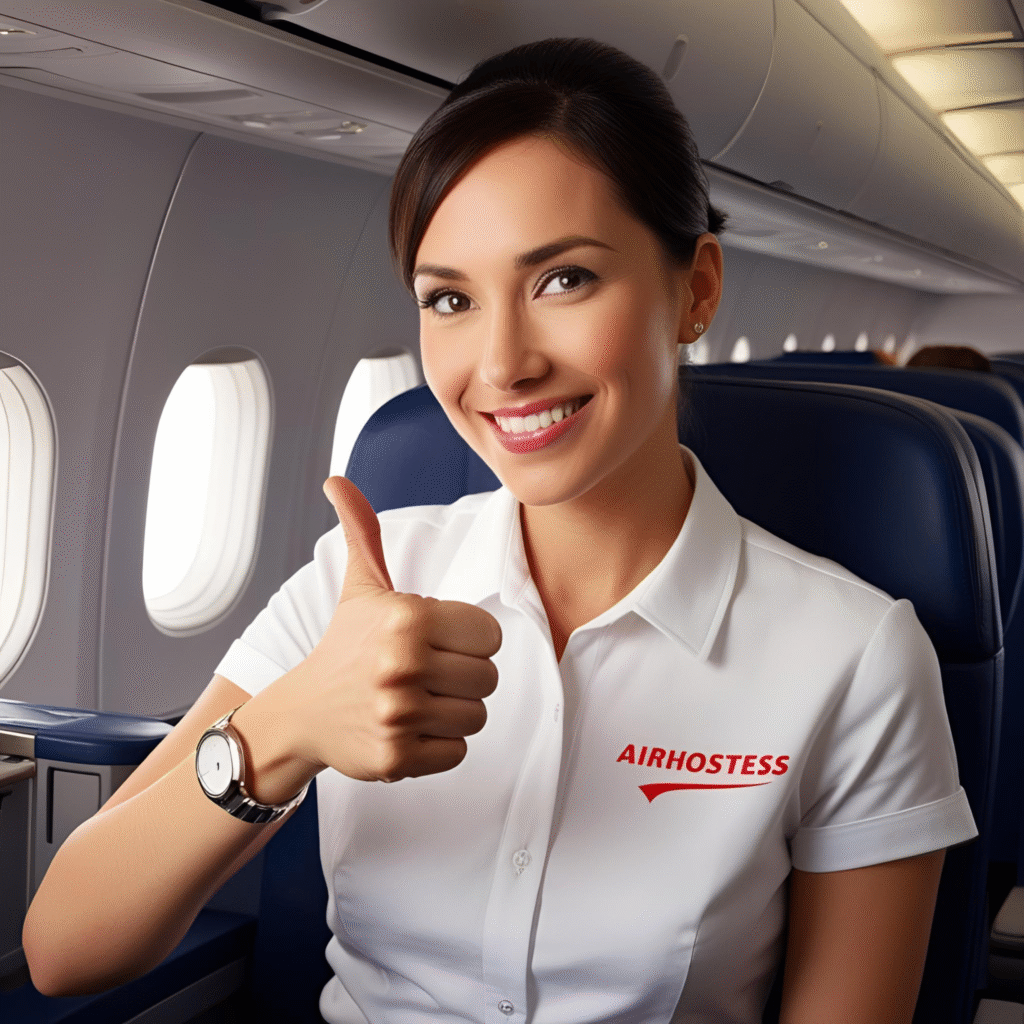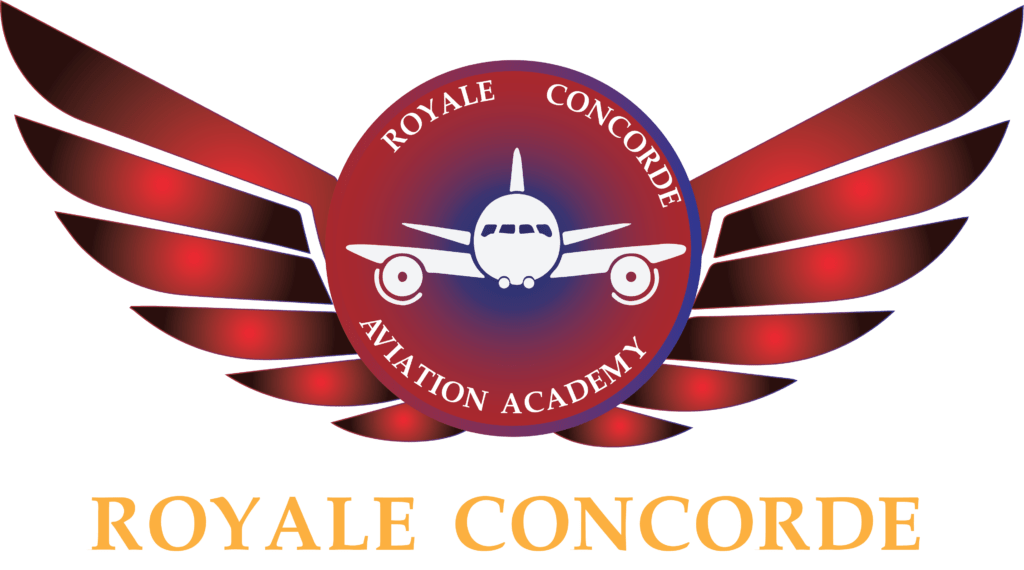
If you’re aspiring to join the aviation industry—whether as a cabin crew member, ground staff, or aspiring pilot—your first aviation interview is a major milestone. It’s natural to feel nervous, but knowing what to expect and how to prepare can significantly boost your confidence and performance.
This blog will walk you through the structure of a typical aviation interview, the types of questions asked, grooming expectations, and tips to help you stand out.
1. The Interview Structure
Aviation interviews are generally structured in multiple rounds, especially for cabin crew and ground staff positions. Here’s a common sequence:
a. Document Verification For Aviation Interview
Before anything else, you’ll be asked to present your educational certificates, passport, updated resume, passport-sized photographs, and any other documents the airline or academy may request.
B. Initial Screening Round
This is often a group interaction round where recruiters observe your body language, grooming, communication skills, and confidence. You may be asked to introduce yourself or participate in a small group discussion.
C. Group Discussion / Role Play
Some interviews include a GD to test your team behavior, clarity of thought, and how well you communicate in a group setting. Role play is common too—especially scenarios like handling an angry passenger or guiding someone during boarding.
D. Personal Interview (PI)
This is where the recruiters dive into your personality, goals, and motivations. Questions may include:
Why do you want to join the aviation industry?
Tell me about yourself.
How would you handle a difficult passenger?
What do you know about our airline/company?
E. Skill or Language Test
Some airlines conduct written or verbal English proficiency tests. In some cases, you might also be asked to make short announcements to assess voice clarity and pronunciation.
2. What Recruiters Are Really Looking For
It’s not just about qualifications—airlines and aviation companies hire based on attitude, professionalism, and potential. Here’s what they usually assess:
Grooming and Personal Hygiene: Impeccable grooming is non-negotiable. Hair should be neatly styled, makeup subtle (for females), nails clean, and attire formal.
Communication Skills: Clear, polite, and confident communication is a must. Good command over English is essential.
Customer Service Orientation: Your willingness to serve, patience, and empathy will set you apart.
Team Spirit: Aviation is a team-dependent industry. Your ability to work in harmony with others matters.
Crisis Handling: Calmness and presence of mind are key during inflight or airport emergencies.
3. Tips to Prepare for the Interview
 Do Your Research
Do Your Research
Know basic information about the airline or academy you’re interviewing with—its history, fleet, destinations, and values. It shows initiative and interest.
 Practice Your Introduction
Practice Your Introduction
Prepare a 30-second introduction that summarizes who you are, your background, and why you’re interested in aviation. Practice in front of a mirror or record yourself.
 Dress Professionally
Dress Professionally
For males: Formal shirt and trousers, clean shave, polished shoes.
For females: Formal blouse and skirt/trousers, minimal jewelry, neat hairstyle, and light makeup.
 Work on Body Language
Work on Body Language
Keep your posture straight, smile naturally, and maintain eye contact. Avoid fidgeting or crossing your arms.
 Brush Up on Soft Skills
Brush Up on Soft Skills
Practice polite language, active listening, and how to answer questions clearly and concisely. Be ready for situational questions with practical answers.
4. Common Mistakes to Avoid
Arriving late or unprepared
Speaking too softly or too quickly
Lack of grooming or untidy attire
Giving vague or overused answers (“I love traveling” is too common—be specific!)
Interrupting others in group discussions
5. What Happens After the Interview?
If selected, you may receive a provisional offer letter or be invited for further rounds. If you don’t make it, don’t be discouraged. Most professionals in aviation didn’t clear their first interview—it’s all part of the journey.
Treat every interview as a learning experience. Note the feedback (if given), improve your weak areas, and try again. Confidence grows with practice and preparation.
Final Thoughts
Your first aviation interview can be a defining moment in your career. While it may feel intimidating, remember that recruiters are not looking for perfection—they’re looking for potential. Come prepared, present yourself professionally, and let your passion for aviation shine through.
With the right mindset and preparation, your dream of joining the aviation industry is just a successful interview away.
Need help preparing for your aviation interview?
Join our expert-led interview training sessions at Royale Concorde Aviation Academy, where we equip you with everything—from grooming and soft skills to mock interviews and English fluency.




